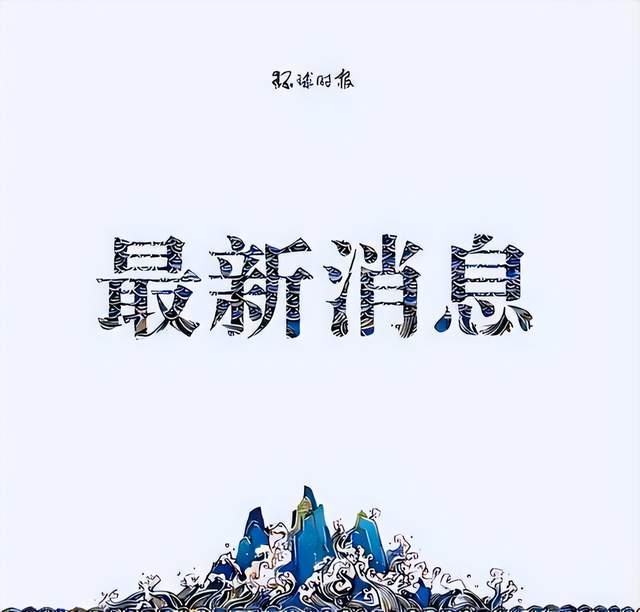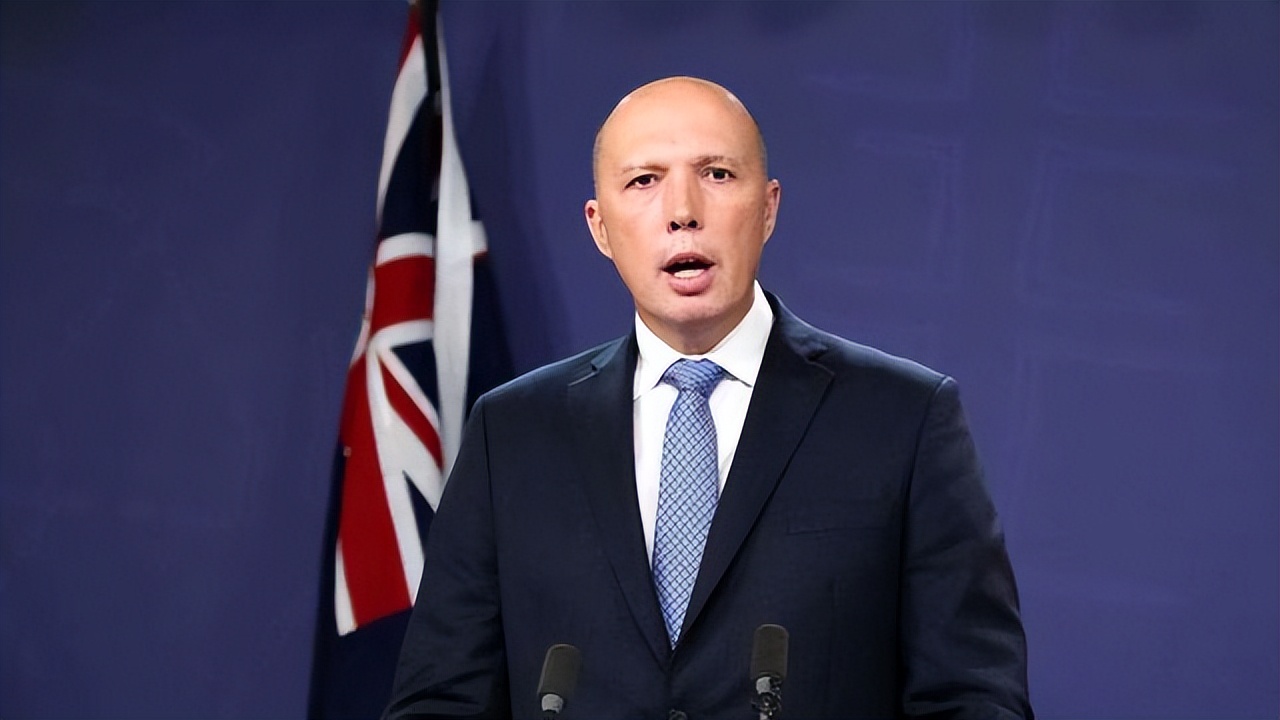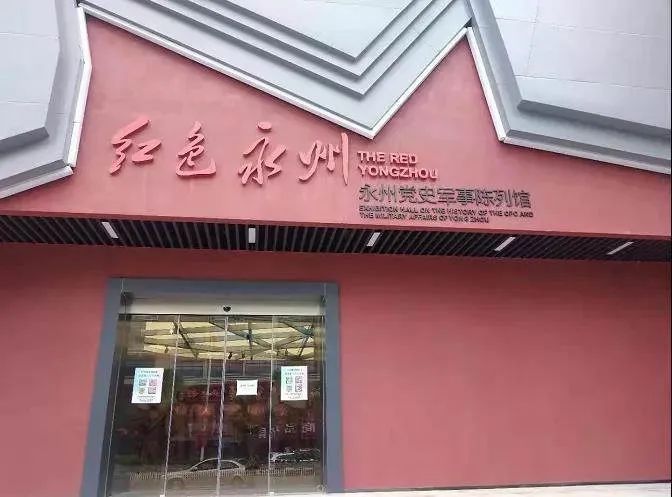More and more Chinese observers appear in India
Author:Global Times Time:2022.09.08

India's "Print" on September 7, original topic: from officials to scholars to ordinary people, Indian Chinese affairs observer continues to increase
In the past, India's Chinese affairs observers marveled the rapid economic rise of the country. Now, they have begun to restrain their interests, focus on understanding China's evolution in politics and society, what Chinese young people discuss, and all these futures to India.
In addition to the senior Chinese observer, India also has Chinese "onlookers". They discuss the latest development of this neighboring country during the golden time of television. And those bureaucrats who have to directly or indirectly deal with "Chinese affairs" also realize what the new international environment that played a prominent role in Beijing means what it means to mean. A official of the Indian government said: "I want to build a 'Chinese archives', which helps my future career." This marks the focus of Indian bureaucracy from Pakistan to China.
The uniqueness of the current situation is that China has attracted a wider public interest in India. Due to the confrontation between the border not long ago, there were a group of open source enthusiasts among those who were increasingly interested in China. Finding clues to the development of the situation from satellite images, and the founding of Chinese official media through social media, has become a full -time event for many people.
The TV channel is also closely followed, providing special programs on Chinese military, social changes and cross -strait relations. However, TV programs rely on overseas Chinese and Western experts to fill this gap, and there will be hidden dangers in itself. In recent years, we have seen a new generation of reporters in China. But we still face some obstacles. Compared with European and American journalists, India is not easy to obtain a reporter's visa in order to report from Beijing or Taipei. A group of Indian reporters were allowed to enter Taiwan. Taiwan can provide Indian reporters with an opportunity to observe mainland politics at close range -but this is also limited, but this is a good start. A large number of news information that interprets the development of China has emerged in Europe, America and other regions, and now India has begun to develop this trend.
At the beginning of the 20th century, India learned about China by reading articles from American and British experts. By the turn of the century, China's position in international affairs continued to rise, which attracted the attention of Indian diplomats and strategic circles. For a long time, observing the theme of China is the theme of diplomats, scholars and strategic research experts. Safety issues have always been the mainstream concern of India's senior Chinese observers. This contact can be traced back a long time ago.
Pannica was an Indian diplomat who lived in China during the Republic of China and the founding of New China. At that time, he rely on acquaintances and Chinese newspapers to learn about China's changes. The idea of Pannaka's approach, such as collecting Chinese senior leaders from newspapers, is also doing by many Chinese observers today.
Pan Niga uses the Wiefima Pinyin method in the memoir-using Roman letters as a Chinese word comments-such as "Peking" and "Mao TSE-TUNG". There is no concern about the usage. At present, some old -fashioned Chinese affairs observers still have this habit, and the new Chinese observer has accepted the Chinese pinyin system like other countries in the world.
In addition to the media, the Indian academy is also changing. India's Chinese research and left -wing politics, the historical fortress of left -wing politics, Javaharael Nihru University is trying to study China's new politics. New institutions and think tanks are emerging to shorten the gap between the professional knowledge of the development of regional research and the changing international environment. For the first time in India's Chinese affairs observation, the Chinese affairs observation industry has flourished. We may want to peel off the coats of superficial professional knowledge by focusing on the internal driving force of Chinese society and political reform. After all, the internal driving force determines how China will change in the future, and the standing of India in this process. (Author Adil Brall, Translation of Qiao Heng) ▲ ▲
- END -
Provide separation!The Australian Defense Minister in India has a word in India, saying that China attacks the Indian troops on the border

Author: Battle Law ExpressAccording to media reports, the Australian Minister of D...
"Model Red One Company": "Cloud Teaching Class" Burning Education Fire

Author | Han Shenghu, Sun QianzhaoPhotography | Sui YanYongzhou is an important pl...